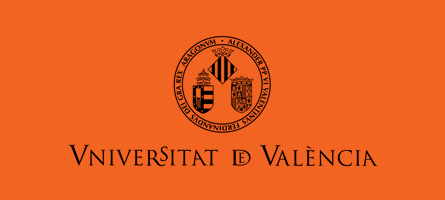Disinformation and Fundamental Rights: Legal Implications in the Digital Era
DOI:
https://doi.org/10.7203/drdcd.v0i11.317Abstract
This chapter examines disinformation in the digital age, its effects on public opinion, and current legal responses. It analyzes the concepts of truth, accuracy, lies, and falsehood, and their role in shaping opinions within a polarized environment. The shared responsibility of professional journalism, citizen journalism, and prosumers in verifying and transmitting accurate information is emphasized. From a legal perspective, it explores the balance between freedom of expression and the need to protect citizens from the harm caused by disinformation, as well as current regulatory frameworks and the principle of minimal intervention of criminal law in this area. The legal impact of fake news on fundamental rights such as honor, privacy, and moral integrity is also assessed. Finally, the chapter reflects on the importance of balancing disinformation regulation with the protection of fundamental rights, stressing the need for policies that uphold informational integrity and democratic principles amid the growing challenge of information manipulation.
Downloads
Published
Issue
Section
License
Author rights apply to contributors. The journal reserves the right to be the first to publish the submission, following the Creative Commons Attribution License that allows for others to share the publication and acknowledges its authorship and the original publication within this journal.
Everyone who sends a manuscript is explicitly accepting this publication and edition cession. In the same way, he/she is authorizing Dígitos to include his/her work in a journal’s issue for its distribution.







